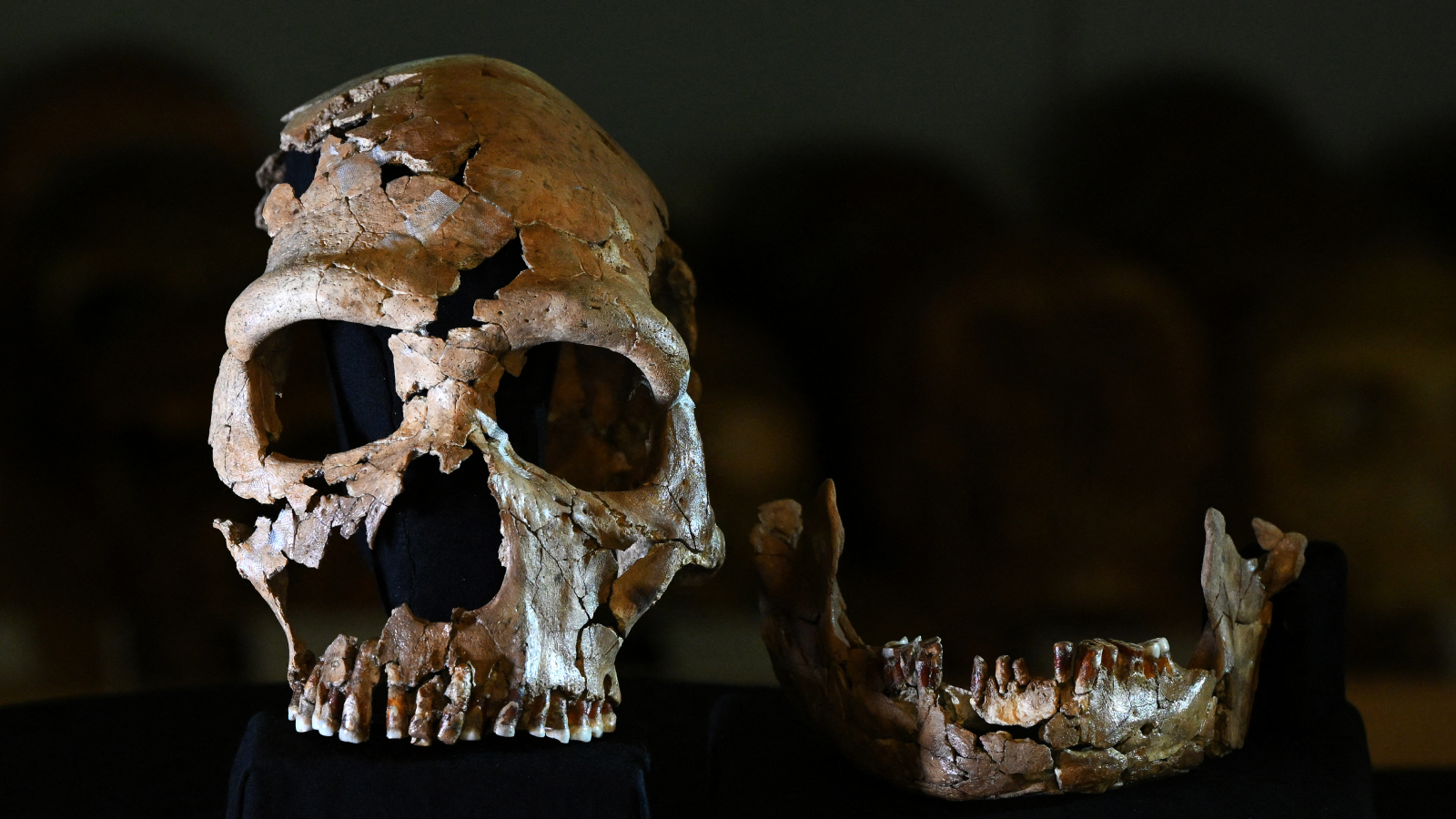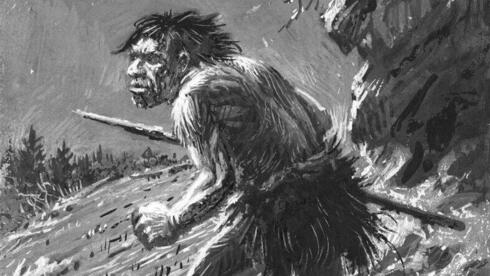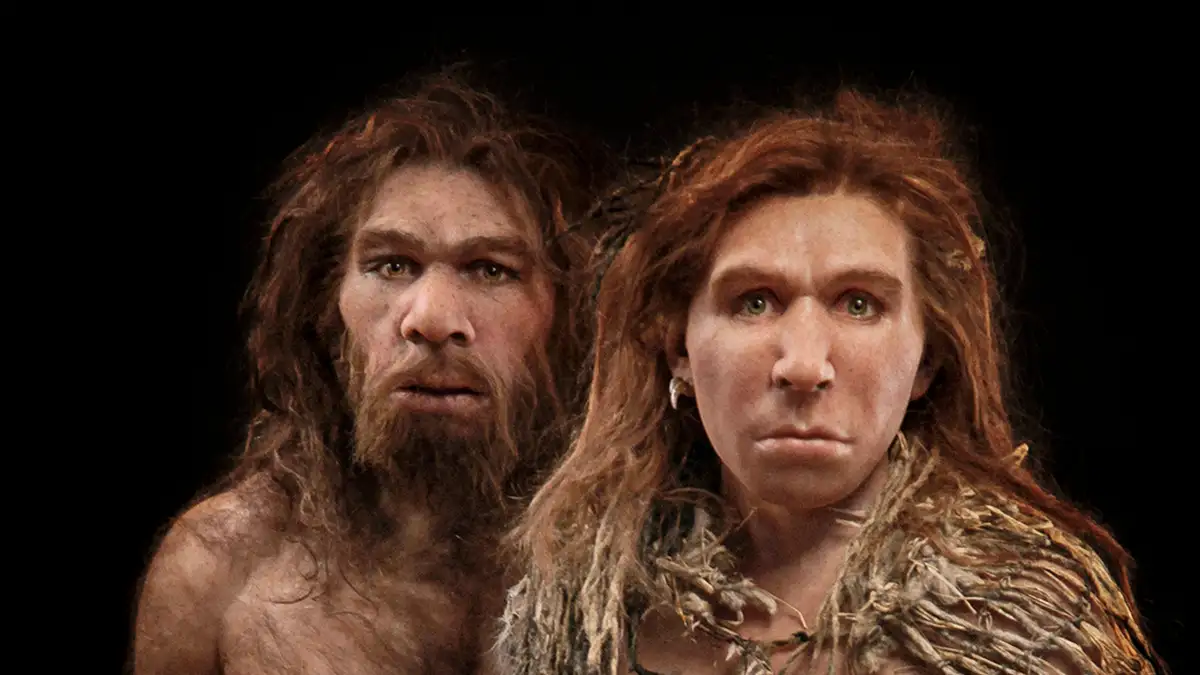T4K3.news
Neanderthals may have feasted on maggots
A new study indicates that Neanderthals possibly relied on maggot-infested meat for sustenance.

New research reveals that Neanderthals may have consumed maggot-infested meat as a food source.
Neanderthals may have relied on maggots for survival
A recent study suggests that maggot-infested meat was integral to the diet of Neanderthals, who likely consumed it as a means of survival. Researchers from Purdue University have discovered that the nitrogen levels in Neanderthal remains indicate a high intake of protein. This finding supports the idea that these ancient humans might have relied on decaying meat, similar to practices of some indigenous communities today, to obtain necessary nutrients. The presence of maggots in the remains signals a unique dietary adaptation not seen in other carnivores, raising questions about Neanderthal eating habits during the Late Pleistocene era.
Key Takeaways
"We suspected that maggots could have been a different potential source of enriched nitrogen-15 in the Neanderthal diet."
Melanie Beasley discusses the role of maggots in Neanderthal nutrition, highlighting their significance.
"Maggots can be a fat-rich source of food. They are unavoidable after you kill another animal."
Beasley explains why maggots were a practical part of the Neanderthal diet.
This study sheds light on the potentially complex diets of Neanderthals, challenging previous notions that they simply hunted large game. By incorporating strange sources, such as maggots, these ancient hominins may have developed strategies to thrive in harsh environments. The connection with modern indigenous dietary practices may reveal deeper insights into the cultural behaviors of our ancestors. Understanding this can illuminate how nutrition needs drove adaptations, highlighting the cleverness of Neanderthals beyond mere survival tactics.
Highlights
- Maggots could be a key to understanding Neanderthal diets.
- The culinary choices of ancient hominins are more complex than we thought.
- Neanderthals truly dined on the unexpected.
- Uncovering ancient diets reveals how humans adapted to survive.
Research raises intriguing yet sensitive dietary questions
The implication of ancient diets, including potentially repulsive practices, might lead to backlash regarding human evolution narratives.
These insights may reshape our understanding of human evolution and dietary practices.
Enjoyed this? Let your friends know!
Related News

Neanderthal diet research reveals maggots as key food source

Research suggests maggots were part of Neanderthal diets

Research links Neanderthal genes to brain condition

Ancient Child Skull May Change Our View of Human Evolution

Neanderthals displayed distinct butchery styles in Northern Israel

New findings reveal connections between humans and Neanderthals

Research Reveals Earth's Magnetic Collapse Impacted Early Humans

Scientists reveal traits of Neanderthal and Homo sapiens hybrids
